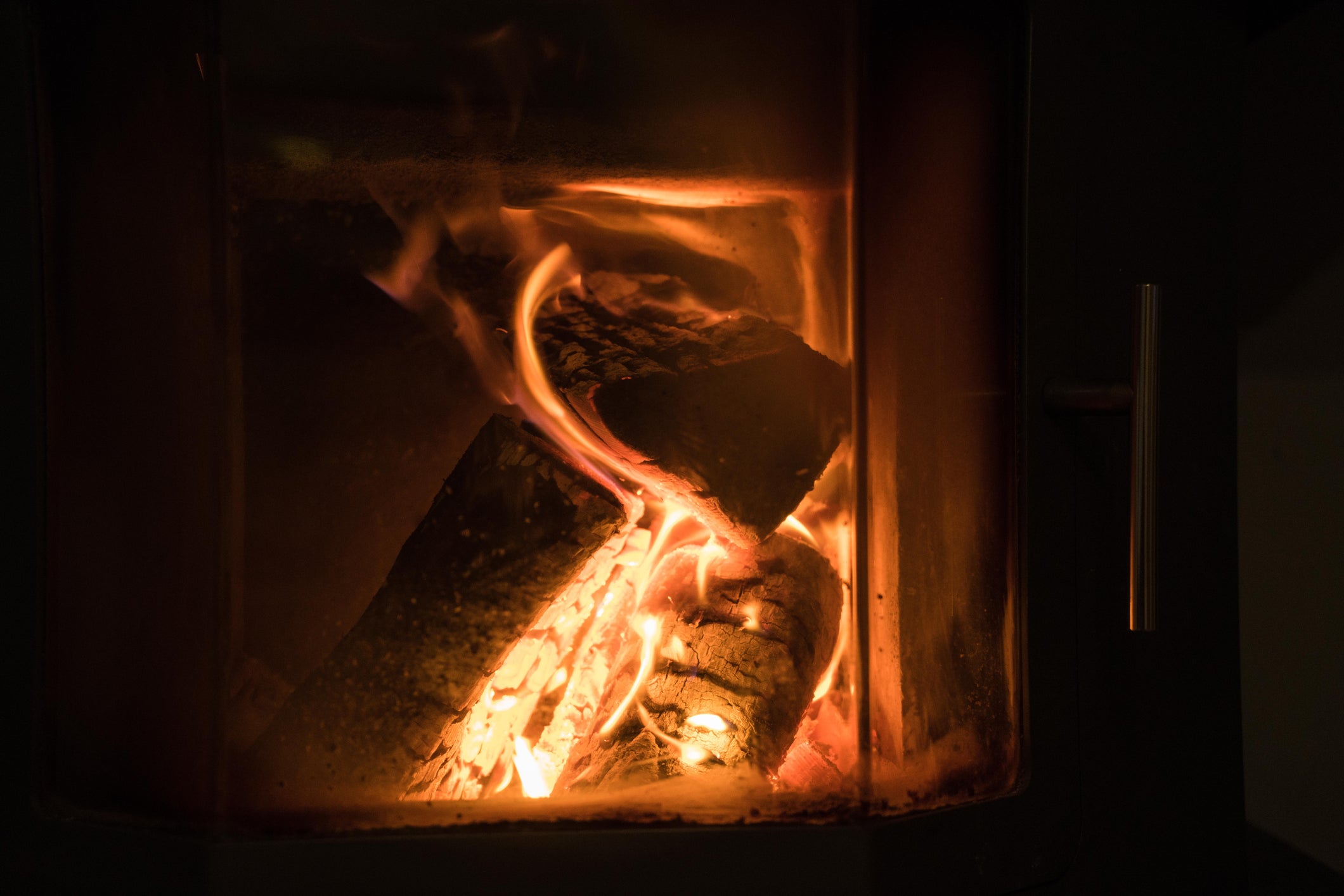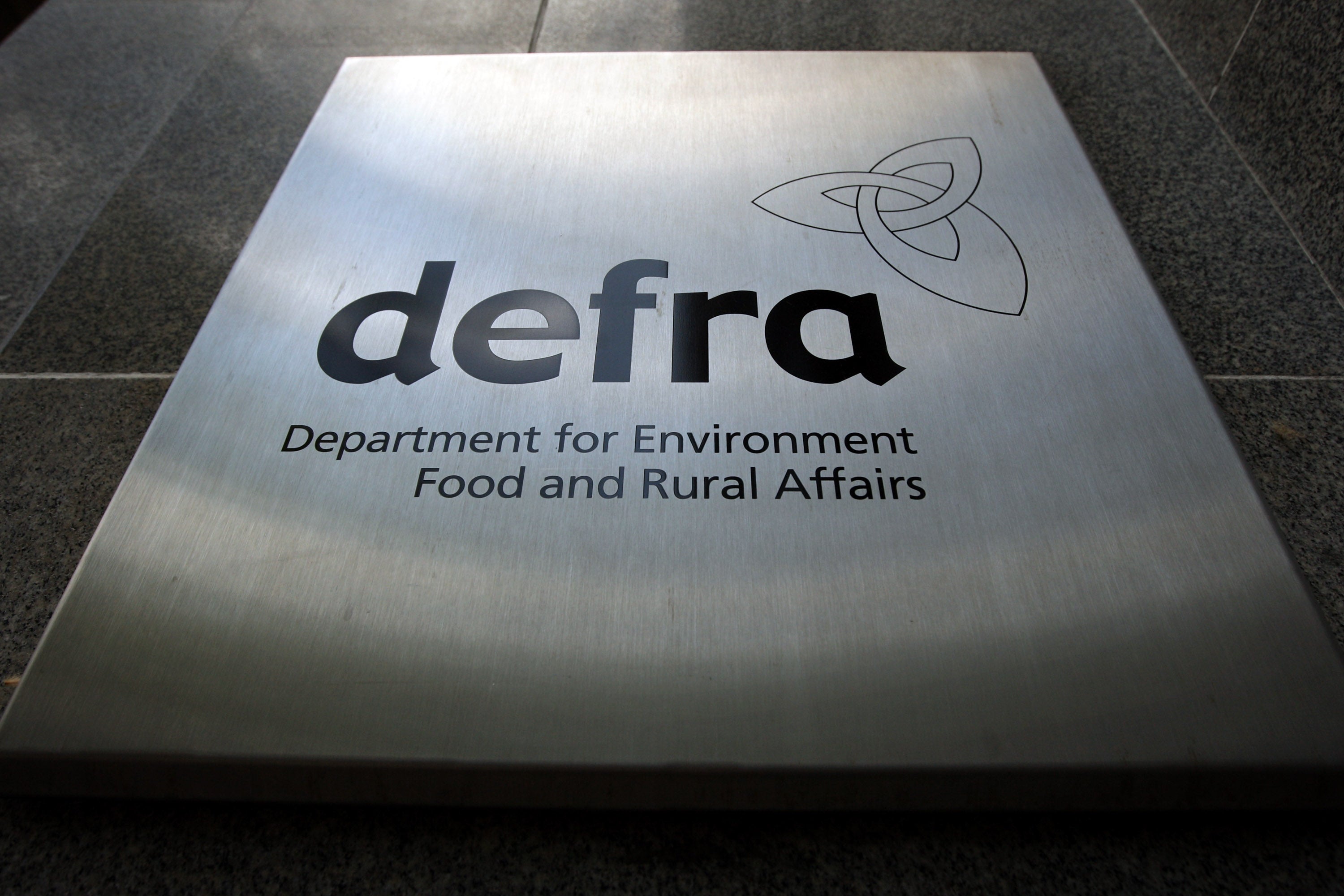Local councils and campaigners urge people to stop burning wood at home
Growing awareness of health risks from breathing in fine-particulate pollution prompts calls for tighter rules and clearer messaging on stoves

Your support helps us to tell the story
From reproductive rights to climate change to Big Tech, The Independent is on the ground when the story is developing. Whether it's investigating the financials of Elon Musk's pro-Trump PAC or producing our latest documentary, 'The A Word', which shines a light on the American women fighting for reproductive rights, we know how important it is to parse out the facts from the messaging.
At such a critical moment in US history, we need reporters on the ground. Your donation allows us to keep sending journalists to speak to both sides of the story.
The Independent is trusted by Americans across the entire political spectrum. And unlike many other quality news outlets, we choose not to lock Americans out of our reporting and analysis with paywalls. We believe quality journalism should be available to everyone, paid for by those who can afford it.
Your support makes all the difference.Calls are growing for people to stop burning wood at home if they have another source of heating, in order to protect their health and that of their neighbours.
Residents in Southampton and the north London boroughs of Camden and Hackney received leaflets over the winter asking them to avoid using wood burners, as awareness of the dangers of breathing in smoke increases.
Government data published in February showed that fine-particulate pollution, also known as PM2.5, from domestic wood-burning more than doubled outdoors between 2003 and 2019. That makes it the most significant source of PM2.5 in the UK – three times bigger than road traffic.
PM2.5 has been linked to lung cancer, heart damage, strokes and asthma, with young children and the elderly particularly vulnerable to its effects. Many studies have connected long-term exposure to PM2.5 to an increase in coronavirus deaths.
Jonathan Grigg, professor of paediatric respiratory and environmental medicine at Queen Mary University of London, said: “In an environment where a lot of children especially are exposed to a lot of particles, then anything that’s adding to that background level cannot be a good thing if there are alternatives which will heat your home in a greener way.”
Read More:
As well as emitting pollution outside, wood burners affect indoor air quality. A recent study in Sheffield showed that even wood stoves certified as suitable for use in designated smoke control areas – labelled “Defra [Department for Environment, Food and Rural Affairs] exempt” – can expose people to a cloud of PM2.5 pollution.
Simon Birkett, of Clean Air in London, said: “It is mind-boggling that Defra continues to facilitate wood-burning, which it admits is the biggest single source of the most deadly air pollution.”
There are also concerns that Defra’s exemptions are confusing because they suggest that modern stoves do not create any pollution at all. Prof Grigg compares Defra-approved burners to the automotive industry’s claims of “green diesel”.
“Actually it's extremely difficult to say that any diesel vehicle is clean,” he said.
To tackle the problem, some councils have decided to send a clearer message. Camden was the first to explicitly ask residents to avoid burning wood unless they have no alternative source of heating. Most properties in the borough are connected to the mains gas network.
Councillor Adam Harrison, cabinet member for a sustainable Camden, said wood stoves have been on the council’s radar since 2016 and the problem has only worsened.
Other local authorities have followed suit. Southampton distributed flyers to 18,500 targeted households to discourage burning, and plans to extend the campaign.
Clean-air campaigner Hazel Agombar, who lives in Southampton, said it is “excellent” that the leaflets say air pollution from wood burning has a negative impact on health, although she is still concerned that they suggest cleaner burning is OK.
Leaflets also dropped into Hackney letterboxes over the winter, warning that pollution from burning wood and charcoal is killing the borough’s residents.

“We felt that, as wood-burning stoves were gaining in popularity and studies were showing the scale of their impact on particulate levels within London, it was an appropriate time to work on raising awareness,” said Dave Trew, land, water and air manager at Hackney Council. “This was intended to be preventative action rather than reactive.”
A Defra spokesperson said it was “not correct” that the government was sending mixed messages about the dangers of inhaling wood smoke, but acknowledged that more needs to be done. It is phasing out the sale of more polluting fuels and stoves over the next few years.
The spokesperson also said the delayed Environment Bill will make it easier for local authorities to enforce existing smoke-control rules. Freedom of information requests submitted by The Independent show that there has only been one fine for a breach of these rules in England and Wales in the past six years.
However, councils do not think the bill will help empower them. A survey in Camden last year found that many residents with wood burners are already using Defra-authorised fuels. “It hopefully will reduce emissions nationally … but for urban areas like Camden, the entirety of which is within a smoke control area, we can’t see there's going to be a significant additional reduction on wood-burning emissions,” said Tom Parkes, senior air quality officer at Camden Council, who has seen similar evidence in other London boroughs.
“There's a sense of frustration that we can't do more to protect people from what is a really dangerous source of pollution.”
Read More:
Clean-air campaigners like Mr Birkett want the government to go much further and ban wood stoves in all properties with other sources of heating – a measure that Defra has ruled out.
The Committee on Climate Change, which advises the government on reducing national carbon emissions, told The Independent that burning biomass such as wood in buildings should be “minimised as far as possible, given the alternative solutions available”.
Mr Harrison sees wood burning as a problem that could be fixed much more easily than some other environmental problems, such as transport or decarbonising buildings. He said: “This is a very damaging pollution source that could be addressed at source if the government were brave enough to take action.”
Join our commenting forum
Join thought-provoking conversations, follow other Independent readers and see their replies
Comments